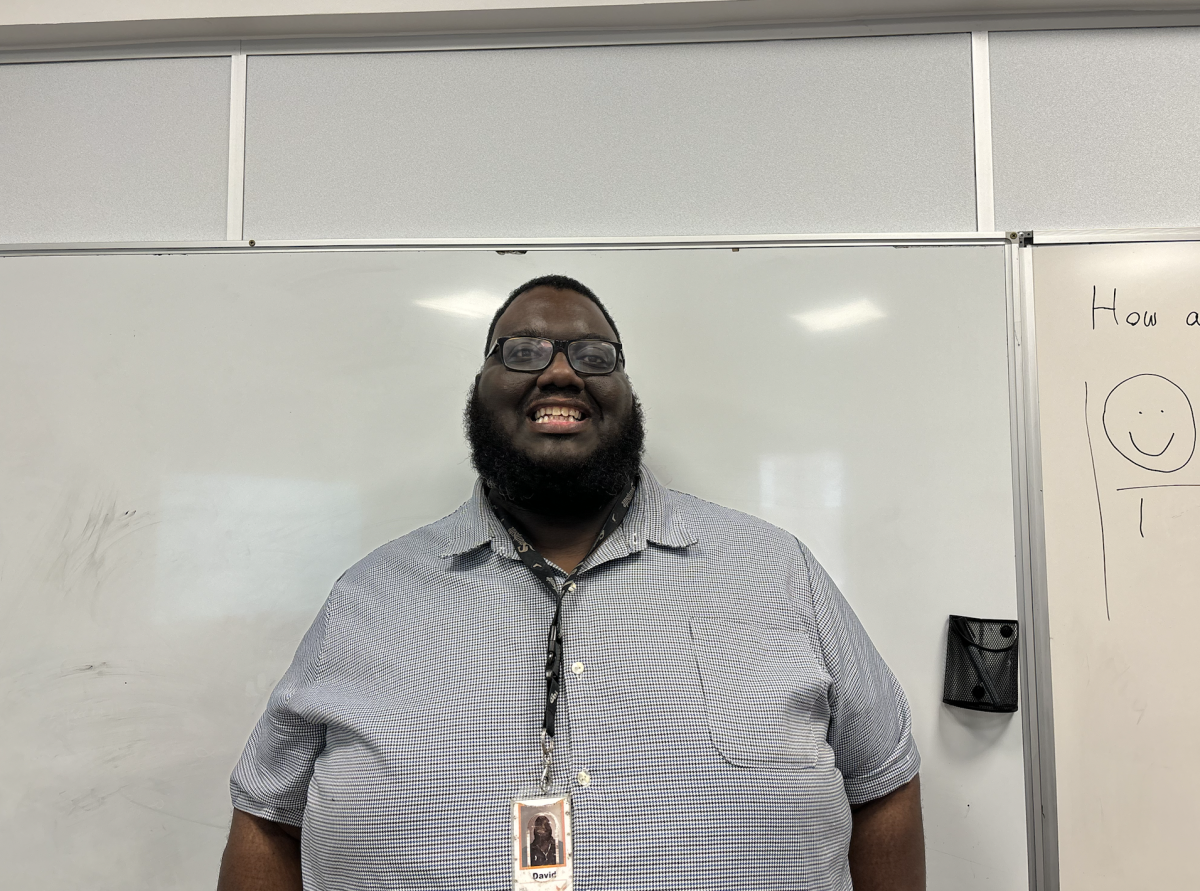After openly enriching uranium since the beginning of the 21st century, Iran negotiated a deal with China, Russia, Britain, the United States, and Germany to temporarily freeze major parts of their nuclear program in order to receive some relief from Western economic sanctions.
The agreement, reached in Geneva and in place since January 20, includes a block on all enriched uranium above 5 percent that is made, as well as no further centrifuges to be installed in Iran’s nuclear headquarters. United States Secretary of State John Kerry represented the U.S. in the talks.
Social Studies Teacher Terry Gladis sees this agreement to halt Iran’s nuclear program for six months as being monumental for Iran’s relationship with Western countries. “I know [the agreement negotiated in Geneva] doesn’t seem like a big deal, but in my mind I believe it is an unbelievably big deal that we’ve come this far,” he said.
Gladis attributes this step forward with Iran to the recent swearing-in of President Hassan Rouhani in August. Gladis said there is great hope among the Iranian population that along with a new president, there will also be great change in Iran’s governmental system. “I think Iran could be helpful on a global stage. These people are yearning to be part of the larger global community instead of being restricted by their country and by the Islamic regime,” he said.
Iran has managed to enrich 7,000 kilograms of uranium in 2013 from 50 kilograms in 2008, according to iranwatch.org, which estimates Iran’s nuclear timetable. The agreement that has been brokered with Iran now only allows the program to enrich uranium to no more than five percent.
Iranwatch.org also cites that Iran could theoretically produce enough highly enriched uranium in 1.7 months to make one nuclear bomb.
When Iran first began enriching uranium in the early 2000s, the West was distracted by their own internal affairs, such as the war in Afghanistan, allowing Iran to continue their path towards manufacturing a bomb. Western powers have now taken a decisive stance against Iran’s nuclear hopes, but there is some think that action could have been taken sooner.
Ilay Sheves (’16), an Israeli citizen, sees the negligence from the West as a large problem. “Delaying the issue was never the answer. Iran’s nuclear plans had been revealed in 2002, so does it make sense to wait for 12 years to finally take some action?” he said.
If Iran goes nuclear, it will become justifiable for other countries to begin nuclear programs. This in turn creates a imbalance in world order, and a move towards nuclear proliferation, rather than nonproliferation.
Sheves sees Iran’s nuclear plans as a nightmare. “Iran is a dangerous country whose access to nuclear weapons could cause long-lasting trauma to the world,” he said. “Their government consistently fails to cooperate [with the Western nations].”
Dariush Yazdanpanah (’15), who possesses Iranian, American, and British citizenship, thinks that Iran should be allowed to have a nuclear program as long as it is a defense mechanism rather than a tool to attack other countries. “I believe that if [Iran is] building an unfriendly nuclear program, it’s to safeguard themselves against neighbors that possess nuclear arms,” he said.
Yazdanpanah said Iran’s location in the Middle East is one that is surrounded by countries who are already in possession of nuclear weapons, such as Israel, or who have nuclear hopes, such as Jordan. “If you do look at the Middle East and that region in the world… Iran’s neighbors do have nuclear weapons of some sort,” he said.
Iran’s turbulent government is another issue surrounding its nuclear plans. Since former President of Iran Mahmoud Ahmadinejad became president in 2005, the government has been struggling with corruption.
Rouhani promised in his presidential campaign that he would seek to improve Iran’s relationship with Western nations and restore the economy, which was under pressure due to the sanctions that were imposed by Western countries.
Gladis sees Rouhani’s presidency as extremely positive for Iran, especially after the corruption-stained tenure of Ahmadinejad. “What Rouhani is trying to do is to convince the population that there is a positive outcome, and one of the steps towards that positive outcome is reconnection with the West,” Gladis said. “I think that Rouhani is a great step forward. now he has to navigate his way through the Ayatollah and the hardliners that are giving him a large amount of pushback.”
While there is a movement of governmental change in Iran, Yazdanpanah sees the possible lack of accountability as reason to question if Iran should be allowed nuclear weapons. “I think the perceived issue with Iran having nuclear weapons is that they’re a very unpredictable government. You never know exactly what is going on behind the scenes in Iran. You don’t know where the truth really lies,” he said.
However, Gladis believes that a large amount of what is made known to the public about Iran by news outlets is largely propaganda. “I think 75-80 percent of media coming out of the United States is propaganda, to be honest,” he said. “We need to give Rouhani and the vast majority of the Iranian population a chance.”
Yazdanpanah agrees with Gladis on the U.S. news outlets. He believes that neither Iran nor America is reporting the exact truth through their media outlets, but rather a clouded version of the truth. “The truth lies somewhere in between what the West is saying and what Iran is saying,” he said. “Iran and the West should say that enough is enough and we must encourage full-scale negotiations and clear mandates to all countries to end the nuclear race and total disarmament of nuclear arms.”
charlotte_young@asl.org




